Every last seat was taken in the Salon Rouge of the Bellevue-Palace state-owned hotel in Berne half an hour before the start of the event. The tabloid newspaper “Blick” was “on tour”, as its own publicity put it. It heralded the top-of-the-bill fight, a battle of words between the political star and former Swiss People’s Party (SVP) Federal Councillor Christoph Blocher and the eminent historian and professor of history Thomas Maissen. The date was 21 April 2015 but the debate focused on events that took place way back in 1315, 1515 and 1815. In addition to supporters from both camps, a remarkable number of prominent figures turned up, including Otto Lampe, the German ambassador to Switzerland, and several members of parliament. The next day “Blick” used sporting parlance to sum up the “duel over Swiss myths” – “4:3 to Maissen”.
Even though no sport is involved, Swiss public interest in the historical debates, staged extremely effectively, is currently almost as great as in football. Not just “Blick” but also “Weltwoche”, the “Neue Zürcher Zeitung” (NZZ) and radio and television channels have organised similar debating sessions over recent months. The main protagonists have always been the same in varying line-ups. In addition to Blocher and Maissen, Christoph Mörgeli, the sharp-tongued SVP National Councillor and medical historian, Roger Köppel, “Weltwoche” editor and SVP National Council candidate, Markus Somm, editor-in-chief of the “Basler-Zeitung” who has close links with the SVP, André Holenstein, the Bernese historian, and Georg Kreis, the Basel historian, have also featured.
Plenty of battle noise on the podium
It has not been the case that the politicians have gone into battle with cudgels while the academics have used rapiers in distinguished fashion. In his latest book “Schweizer Heldengeschichten – und was dahintersteckt” (Swiss Heroic Stories and What Lies Behind Them), Thomas Maissen adopts a remarkably confrontational approach for an historian and university professor. The individual chapters are introduced with a quotation from Christoph Blocher or SVP Federal Councillor Ueli Maurer only for the dictum to be picked apart with relish. The book is a reaction to “the highly skilful and successful politics of memory of the Swiss national conservatives over the past 25 years”, wrote Maissen in the foreword. According to “Blick”, Blocher reproaches the historian for wanting to break up Switzerland so that it can be taken into the EU: “If you don’t take Switzerland seriously, demystify it, distort its history and say that Switzerland is not actually up to much, you are seeking to wipe away the nation.”
The battle noise on the podiums and in publications is loud, in fact so loud that Alain Berset, the Minister of Home Affairs, called upon those involved in the bickering to show some moderation during a Council of States debate. The nature of the row over the right view of history has divided the nation and its people, according to the SP Federal Councillor: “Please consider that all of these stories are part of an overall common history – our history.”
The fact that history is currently causing emotions to run so high in Switzerland is primarily explained by the concentration of commemorative years: the Battle of Morgarten (1315), the conquest of Aargau by the confederates (1415), the Battle of Marignano (1515), the Congress of Vienna and the new cantons of Geneva, Neuchâtel and Valais (1815). All of this means that countless celebrations and events of all kinds are being held over the course of the year. The media are also providing extensive coverage. The NZZ has even launched a new magazine on the market entitled “NZZ-Geschichte”, which is published quarterly. The cover story of the first edition is “Napoleon – the founder of modern Switzerland” and its author is Thomas Maissen.
From 1315 to 1815
But what exactly is being disputed?The debate is on various levels. It primarily concerns the relationship between national myths plus the national commemorative culture and academic historical research. Secondly, it involves the differing evaluation of the significance of historical events and thirdly, and most importantly, it is about politics. The obvious reason for the debate is the round commemorative years. Here are the main lines of conflict over the individual events in very concise form:
- 1315: The Battle of Morgarten occupies a prominent position in Swiss commemorative culture. The brave Swiss saw off the heavily armed Habsburgs on Lake Ägeri with rolling stones and tree trunks, or so legend has it. The only thing that has actually been established is that the event did take place in some form. The exact location is disputed, as is the nature of the conflict and what it was about. Sources are very thin on the ground. Most experts do not consider the event to be very significant.
- 1415: The importance of the conquest of Aargau by the confederates is generally underestimated. This was a punitive expedition against the Habsburgs carried out by the Swiss on behalf of King Sigismund of the House of Luxembourg. The first subject territories were thus established. “Without this joint mission, without the conquest of Aargau, the often strained Swiss confederation would have had as little chance of staying together as the (German) Hanseatic League,” writes Maissen in the NZZ.
- 1515: The Battle of Marignano also features prominently in the commemorative culture. The defeat of the confederates is depicted as a major watershed moment in Swiss history because it heralded the end of the active expansion policy. The foundation of the policy of neutrality later pursued also lay here. This interpretation overlooks the fact that the expansion policy unquestionably continued. Two decades later, Berne conquered Vaud and temporarily even parts of Savoy south of Lake Geneva. The confederation also primarily committed itself to France through mercenary agreements. The criticism of most experts points out that the policy of neutrality only emerged much later.
- 1815: The Congress of Vienna, which shaped post-Napoleonic Europe, resulted, amongst other things, in the recognition of Switzerland’s permanent neutrality. However, this was essentially in European interests because Switzerland represented a buffer zone on France’s eastern border. This required a diktat from the victorious powers. Switzerland, which appeared extremely divided in Vienna, had to accept the internal and external borders established for it as a penalty and had to integrate the new French-speaking cantons of Geneva, Valais and Neuchâtel.
View of history as a political message
Those who solely see these events from a national historical perspective interpret them as targeted, deliberate acts of self-determination, the fight for independence and military defence against foreign rule. This perception of history is used as background music for a highly political message – those who wish to preserve independence won at great sacrifice must vote SVP. The SVP has prepared this debate “well in advance”, according to Hermann Strittmatter, the doyen of the Swiss advertising industry in an interview with the “NZZ am Sonntag”. “In contrast to other political movements, the national conservatives plan such campaigns long-term,” he says. The campaign is “professional and intelligently orchestrated in terms of communication”. The advertising expert therefore warns against “belittling this Marignano debate”.
The supposed historical debate is in actual fact a proxy war for cultural hegemony and the power of interpretation. It offers a means of identification to a profoundly uncertain nation – one which is torn between economic globalisation and greater integration in terms of European policy, on the one hand, and a cultural inclination to look backwards, re-nationalisation and a tendency towards isolation on the other. Thomas Maissen remarks that it is legitimate to use “outdated research” in the battle for power and share of the vote: “However, it is equally legitimate and sometimes necessary for academics to compare the political and popular interpretation of history with the current status of research by experts.”
Interdependence and delimitation
The perception of history is not just an issue for Thomas Maissen but also for his no less eminent colleague, the historian André Holenstein, a professor in Berne. At the end of 2014 he published a much discussed book entitled “Mitten in Europa: Verflechtung und Abgrenzung in der Schweizer Geschichte” (In the Middle of Europe - Interdependence and Delimitation in Swiss History). “The Swiss People’s Party (SVP) owes its rise since the 1990s to become one of the best supported parties to a political strategy which addresses the fears of the Swiss people of cultural alienation in their own country,” writes Holenstein in the introduction. The current vexations of national sensitivities are the reason but not the underlying motivation for this book. This has much more to do with the observation of “how ambivalent, contradictory and sometimes downright schizophrenic the behaviour of the small state of Switzerland seems having always been existentially entwined with Europe and the world while at the same time delimiting itself from them intellectually and psychologically”.
Holenstein does not primarily bring new facts into play but instead systematically writes the history of Switzerland from the perspective of interdependence and delimitation. Since the late Middle Ages, when the Swiss confederation began to establish its identity, the following pairs of opposites determined its strategies for existence and survival in varying degrees of accentuation – participation and isolation, involvement and shutting out, and integration and withdrawal. Holenstein does not judge and even sees something fruitful in this correlation which ultimately explains “why Switzerland survived the watershed moments of the past and indeed exists at all in the early 21st century”.
Little chance of success for left-wing countermeasures
The national-conservative forces are presenting their position so dominantly in election year that the other parties are being completely overshadowed. The other conservative parties have barely entered the historical-political debate. The left, above all the Swiss Social Democratic Party (SP), is attempting to call to mind other historical points of reference – but without generating much response. To commemorate the end of the Second World War 70 years ago in May, the SP suggested planting peace linden trees based on the widespread, spontaneous initiatives that took place in 1945. A few towns and villages took up the idea but it was largely met with apathy. In the April issue of the SP magazine “Links”, the historian Peter Hug accused the Swiss authorities of “criminal neglect” of the commemoration on 8 May 1945. There is a close relationship between the lack of commemorative culture “and the prevailing mood in Switzerland that Europe is essentially hostile towards us”, according to Hug.
It is a good sign of a vibrant democracy if various references to the nation’s past are established and different commemorative cultures fostered. But this must be measured against academically researched facts. There is a “veto right of the sources”. This means that while history is not an exact science, a professional historian cannot claim something that is not supported by the sources or which has been falsified. The task of academia is to conduct the debate on the interpretation of facts based on the current level of knowledge. It becomes problematic when the interpretation of the past is coupled with a clear political message for the future. Federal Councillor Alain Berset couched this warning at the end of his speech on the opening of the Marignano exhibition at the National Museum in the following terms: “We have more than one possible view of the past – and also more than one possible future. As Winston Churchill said: ‘If we open a quarrel between past and present, we shall find that we have lost the future.’”
Jürg Müller is an editor with the “swiss review”
Cited literature:
Thomas Maissen: “Schweizer Heldengeschichten – und was dahintersteckt”. Verlag Hier und Jetzt, Baden 2015. 234 pages.
André Holenstein: “Mitten in Europa. Verflechtung und Abgrenzung in der Schweizer Geschichte”. Verlag Hier und Jetzt, Baden 2014, 285 pages.
Link to a further article "No interest in Marignano"
Link to the book description of "A marriage of convenience"

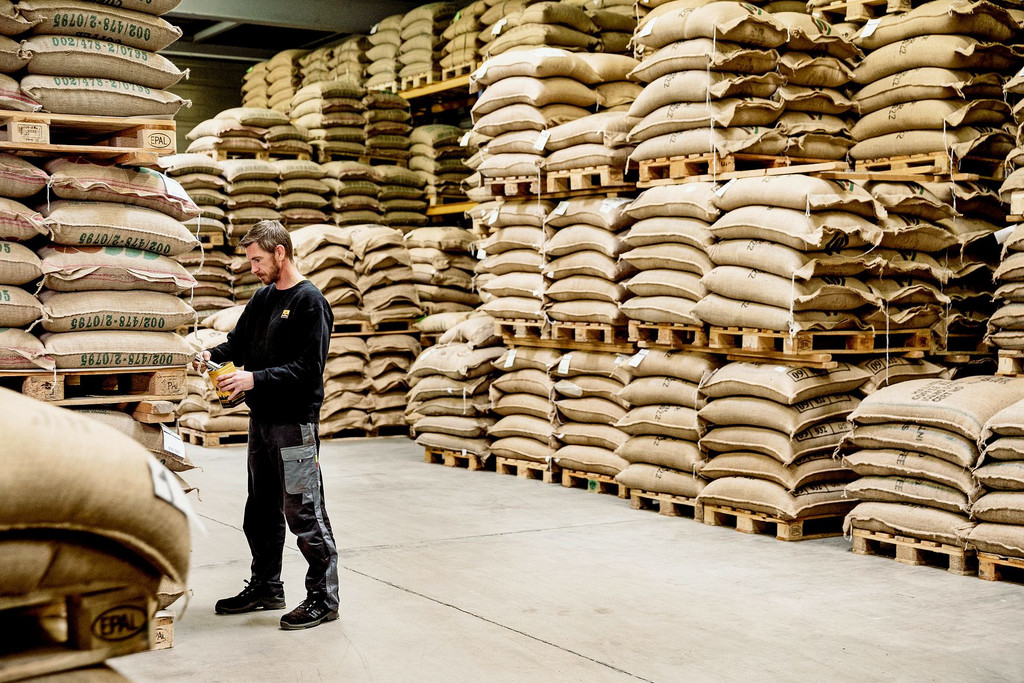

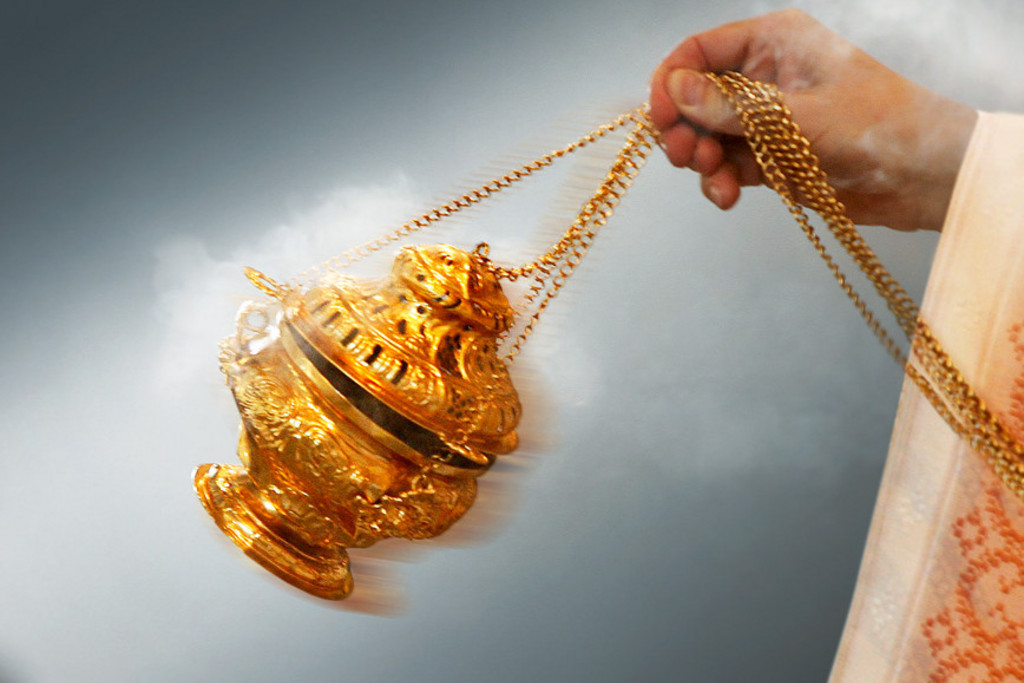
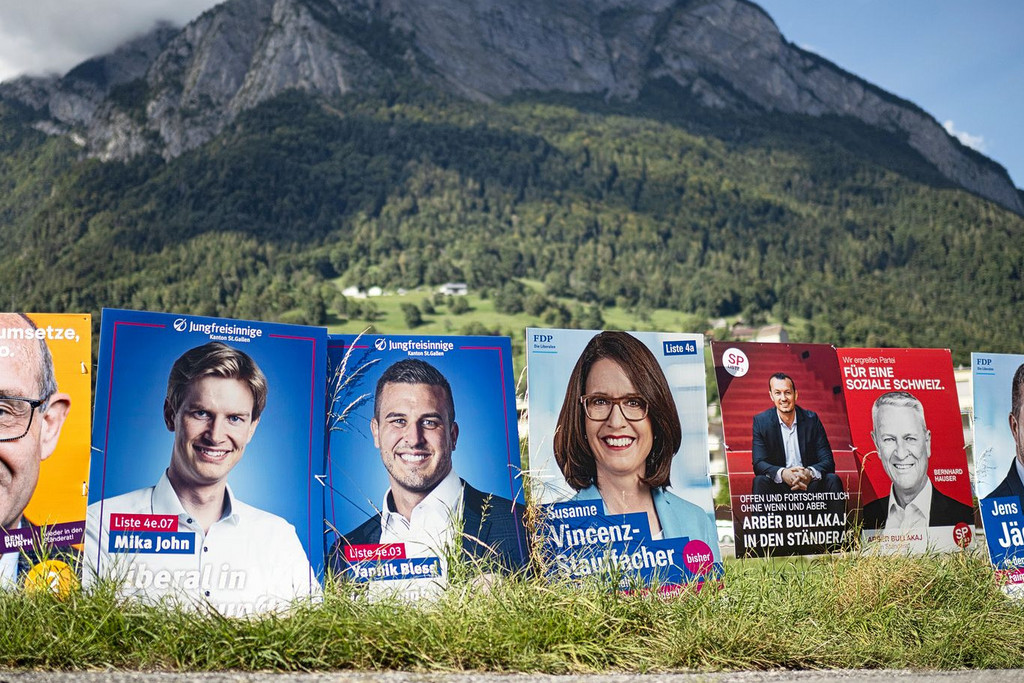
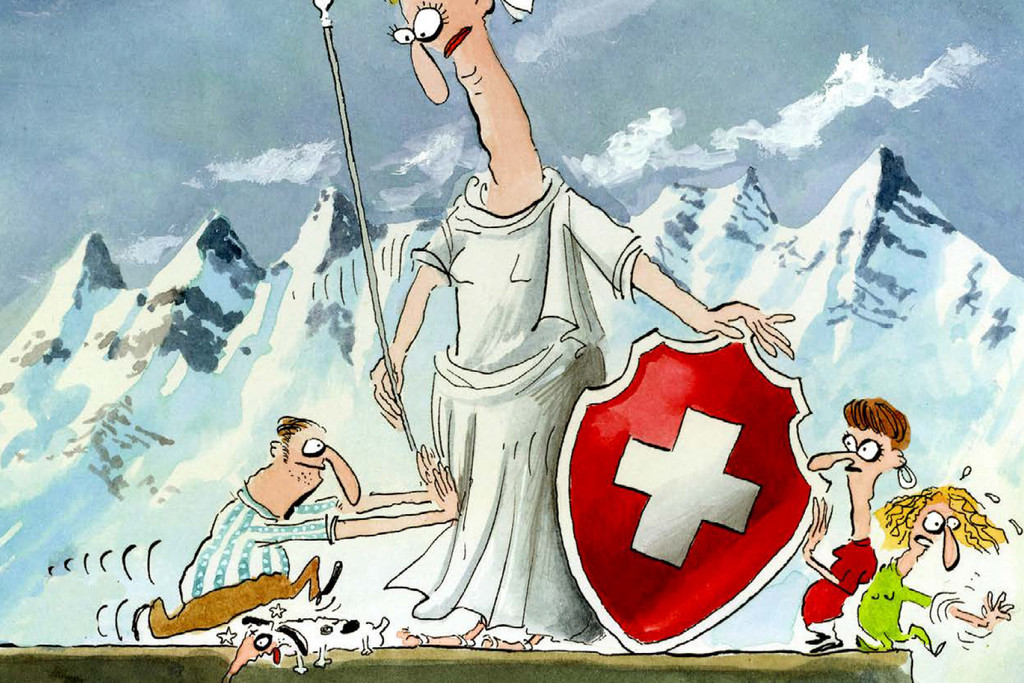
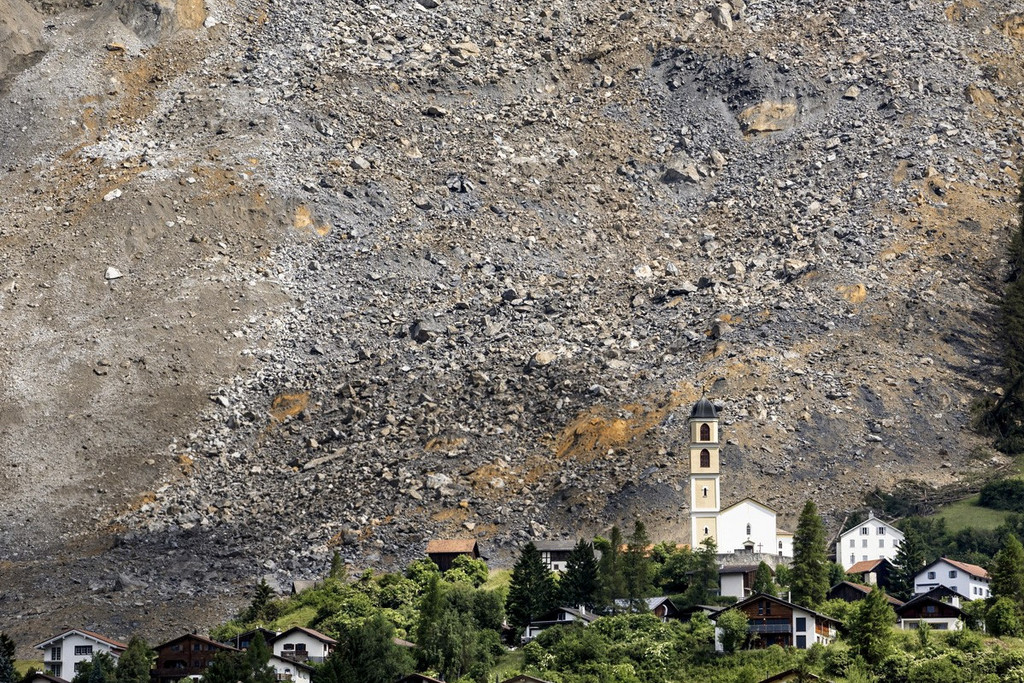
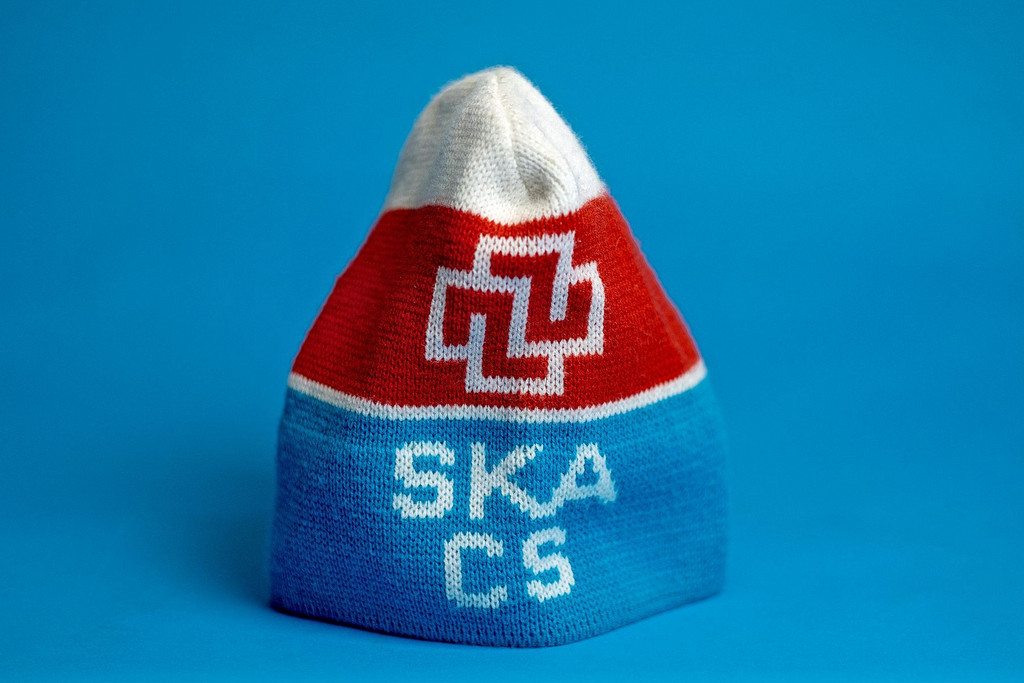



Comments
Comments :
Z.B: ist doch absolut unbedeutend wie das Mit Moses und den Gebotstafeln war, wie das war mit den Trompeten von Jericho u.s.w.; Fakt ist, dass auf Grund des Sinnes dieser Sagen sich das juedische Volk schon ganze 4000 Jare behauptet. Nicht anders ist es mit dem Schweizertum als Gesinnung, die ohne Mythen und Sagen eben keine SINNTRADITION und keinen bestandfaehigen Willen zur Eigenkultur haett.
So interessant die Ausfuehrungen der Geschichtsprofessoren auch ohne Zweifel sind - Geschichte haben jene weder je geschrieben noch kreiert noch waren sie dabei als kulturelles Gedankengut geboren wurde. Solcherart Personen haben noch nie in der Geschichte beigetragen Volkskulturen und deren Fortbestand zu sichern. Ihre Wissenschaft ist geistig sehr beschraenkt allein durch den Ustand dass sie die Sinngebung einer Sache zur Gaenze ausser Acht lassen. Die Sinngebung als Verinnerlichung eines Volkwillens. In dem Sinne ist es doch total schwachsinnig sich zu streiten ob das in Sempach nun so oder anders war, ob mit Pfeil und Bogen oder Armbrust geschossen wurde und mit wissenschaftlicher Schmalspurintelligenz eine ganze Volkstradition abzuschiessnen die sich Schweizerkultur nennt.
Arye Ophir, 19. Juli 2015